As men grow older, testosterone levels naturally decline, and the reduced levels of this crucial hormone seriously affect their bodies and health. The effects of low testosterone can include reduced energy, loss of sex drive, and an increased risk of numerous medical conditions, including diabetes and heart issues.
For some men, testosterone levels may drop precipitously, causing hypogonadism or low T when the levels drop below 300 nanograms/deciliter. Though testosterone levels may naturally drop with age, many lifestyle choices can improve these levels and prevent low T. However the wrong lifestyle choices may exacerbate or even cause low T. Here is a guide to what lifestyle choices can help you increase your testosterone levels.
How Does Diet Impact Testosterone?
Changing your diet is a great place to start attempting to improve your testosterone levels. If your diet lacks certain nutrients such as vitamin D, magnesium, or zinc, it could indirectly impact the production of this crucial hormone. Also, a diet that is too low in fat may contribute to low T. In contrast, a diet with plenty of healthy fats could help to maintain these levels. Certain foods are believed to be exceptionally good for promoting healthy testosterone levels, but some foods you may want to avoid.
Foods to Avoid for Male Hormone Health
A few foods ought to be avoided since they can lower your testosterone level. Here are some of these.
- Mint: If you are concerned about your testosterone levels, you may want to avoid mint. Although there haven’t been any studies on human males, other studies seem to indicate mint could have a negative effect.
- Vegetable Oils: Some studies have indicated that oils which are high in polyunsaturated fats are associated with decreased testosterone levels. Most vegetable oils would fall under this category, so watch out for fried foods.
- Flaxseed: Flaxseed is a very healthy food. However, unfortunately, a few studies indicate that flaxseed can lower testosterone levels in some people. This is because flaxseed is high in lignans and can bind to the hormone and drive it from the body.
Foods That Improve Testosterone Levels
Eating the right foods might help you to improve your testosterone levels, and even better, this is easy to do. Here are some foods you may want to consider adding to your diet.
- Spinach: Spinach has plenty of magnesium, which may lower the level of a protein that binds to free testosterone and causes it to be inactive. Other foods you could try that are high in magnesium are halibut, almonds, and Swiss chard.
- Mackerel: This fatty fish contains a lot of vitamin D, and vitamin D may increase testosterone levels, possibly by a significant amount. The best way to get vitamin D is by spending more time in the sun. However, you should also try eating mackerel, eggs, or pork, which all also contain plenty of vitamin D.
- Garlic: Garlic may also increase levels of testosterone. This is due to a sulphur-containing compound called diallyl disulfide.
Bad Habits that Can Lead to Low-T
Certain bad habits can contribute to low T. Fortunately, these habits are often bad for your overall health in addition to reducing your T levels, so it is well worth your while to eliminate or correct the following bad habits.
- Being Physically Inactive: According to one study, a lack of physical activity could lower your testosterone levels. Adequate exercise might not only counter this loss but also increase your bone density and help your heart.
- Taking Narcotic Painkillers: A study found that continually using narcotic pain medication is associated with low T. However, it is not yet known if there is a link between low testosterone and chronic pain management.
- Use of Hair-Loss Medications: Some hair-loss medications, such as Propecia (finasteride), may have an effect on testosterone, possibly causing low libido and sexual dysfunction.
Lifestyle Changes That Support Healthy Testosterone Levels
Maybe you are concerned about your testosterone levels becoming low as you age. Or maybe your levels are already slightly low. If this is the case, there are some changes in lifestyle you can make to help support a healthy level. Here are a few steps you might want to take if you have low T.
Get Enough Sleep
Sleep is important for your overall health, but it’s also important here because your body releases most testosterone while you are sleeping. Also, insufficient sleep can contribute to low T. A study that was published in the Journal of the American Medical Association found that after a week of sleep loss, the levels of this hormone had decreased in the test subjects by 10-15%. So, if you aren’t getting enough sleep, now is a good time to start!
Reduce Your Stress
Relax a little. As with sleep, everyone knows stress is not good for your health. But it’s not as well known that stress can also reduce your testosterone levels. When a person feels stressed, their body makes and releases a hormone called cortisol into their bloodstream. Cortisol in the bloodstream reduces free testosterone levels, according to studies.
Eat a Healthy Diet
Men that are obese have a higher chance of suffering from low T. Men that have excess abdominal fat find this to be particularly true. If you want healthy testosterone levels, you should work on eating a healthy diet. A healthy diet for a man striving to improve their testosterone levels should include generous amounts of whole-grain foods, fruits, and vegetables. But, it should only include a moderate amount of lean protein and healthy fats, like fish or chicken.
Start or Stay Exercising
Exercise is a great way to lose weight or remain at a healthy weight. So, since being at a healthy weight is so important for maintaining testosterone levels, exercise is also a great way to help boost your T levels. When you exercise, vary the type of exercise, including both cardio and strength training. Cardio exercise is an excellent way to burn calories. But, strength training can increase your metabolism, thus allowing you to burn more calories even when you are not exercising.
Is a Testosterone Booster Right for You?
A testosterone supplement can strongly benefit men with low levels. T levels often start dropping in a man’s thirties, and these men are most likely to benefit from a booster. Testosterone therapy is a great way for them to address many of the issues that come from ageing, such as an increase in weight and a loss of libido. If you’re struggling with many symptoms of low T, taking a supplement might be a great choice for you.
Key Takeaways on Low-T
When it comes to preventing or improving low testosterone levels, the first thing to do is take a look at your lifestyle. Your everyday diet and activities seriously impact these levels and your health. Choosing a healthy diet and lifestyle can help to raise these levels and can even work alongside testosterone-boosting supplements to achieve the best possible results.





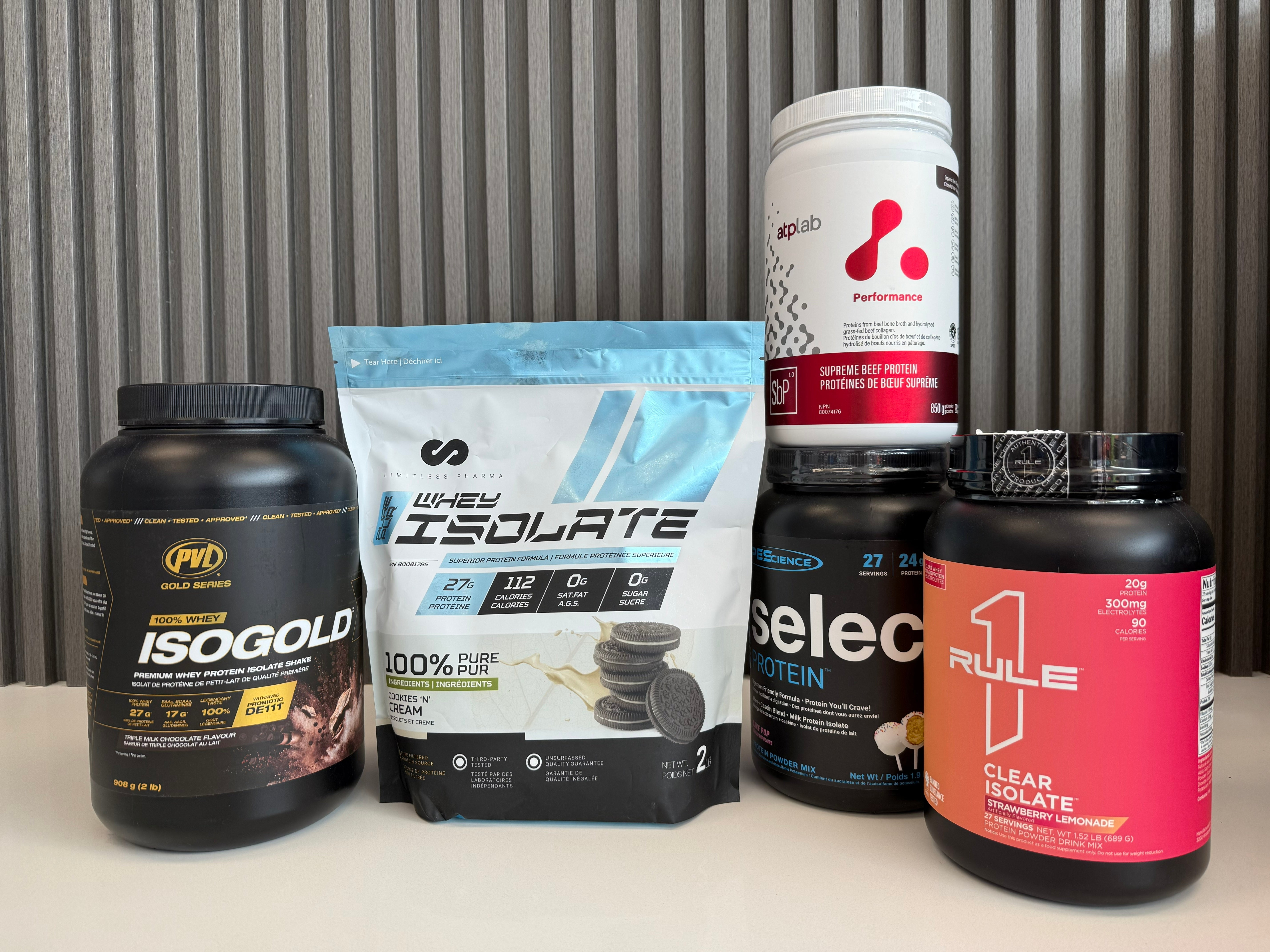
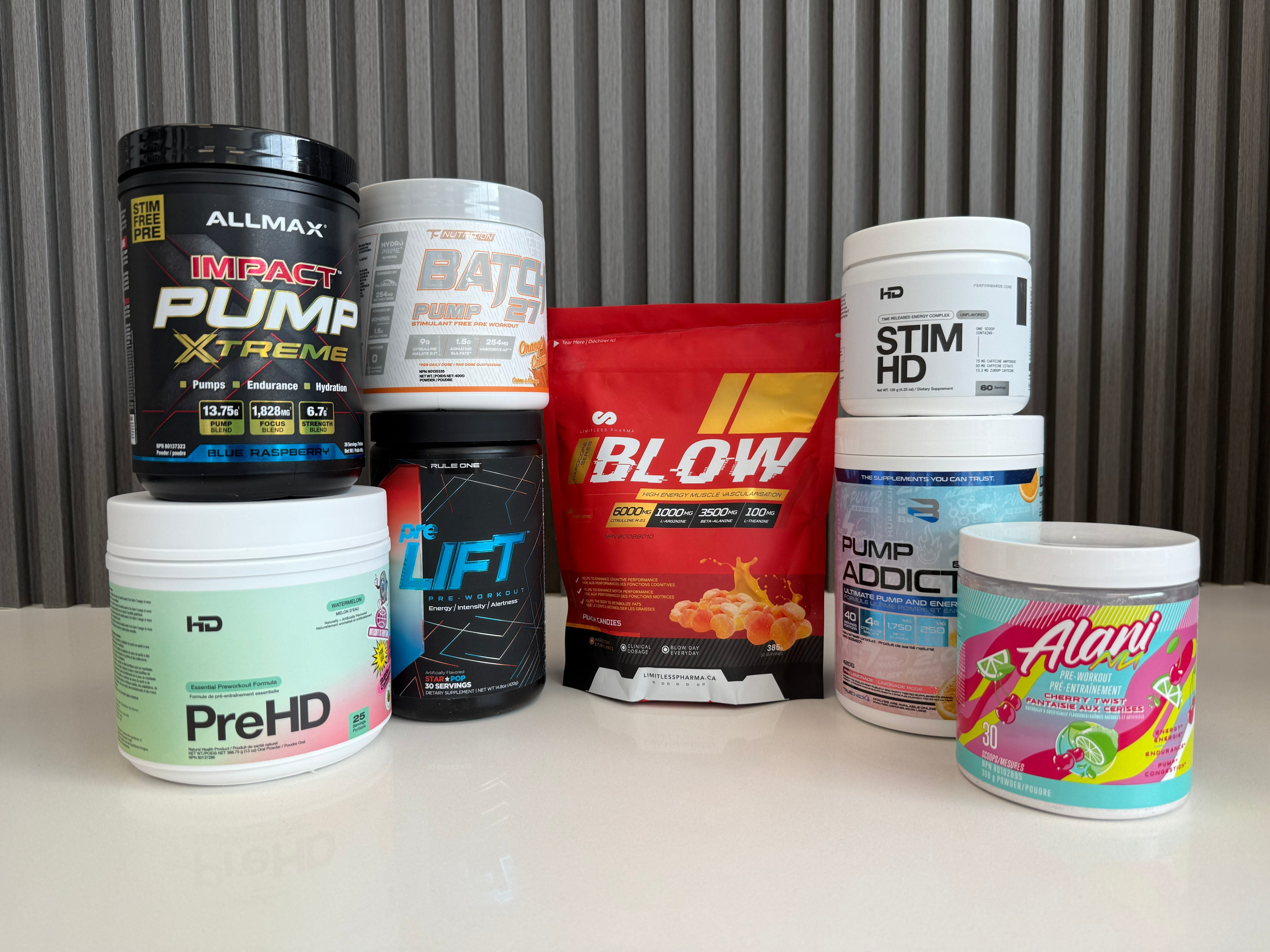
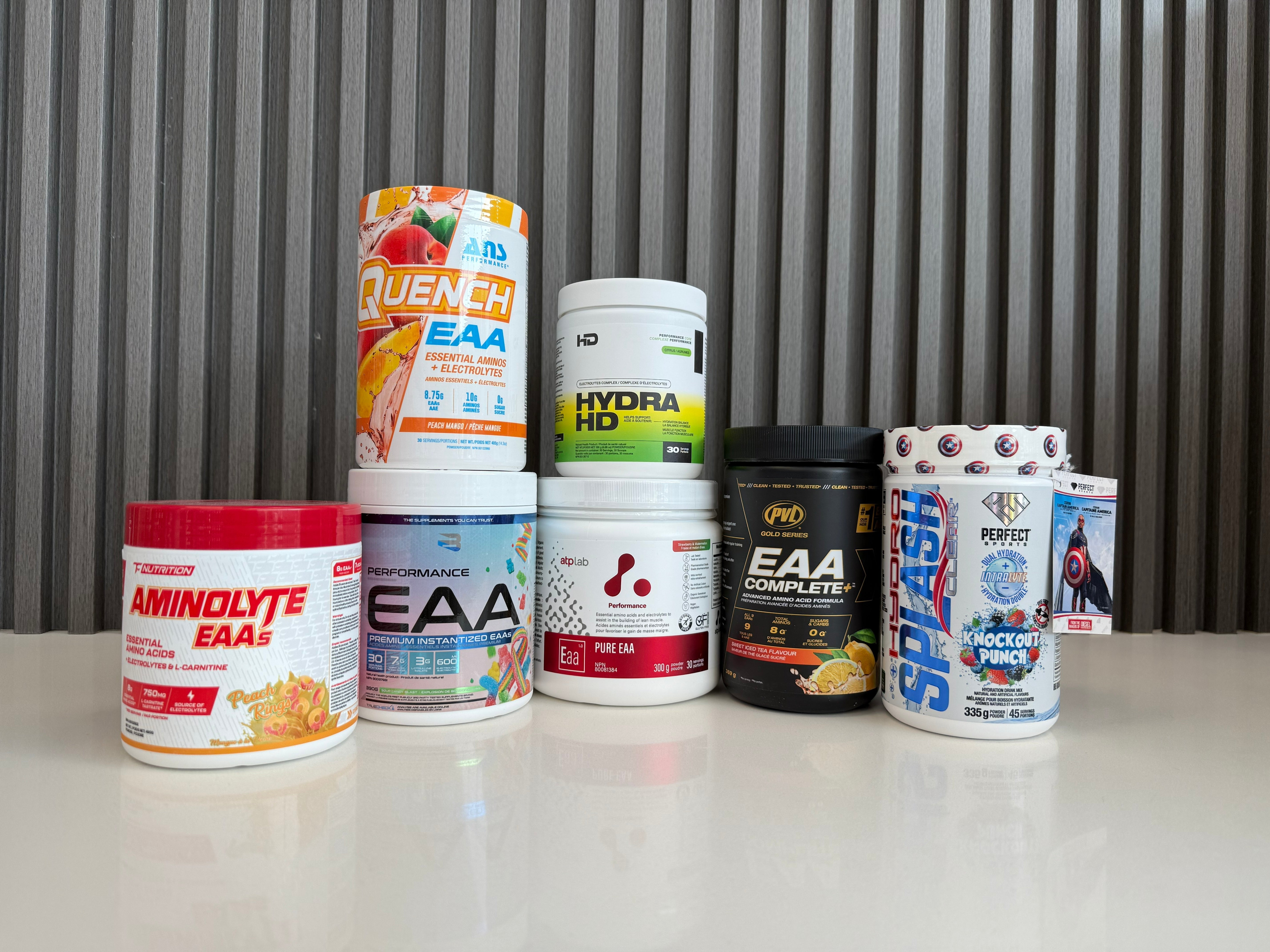
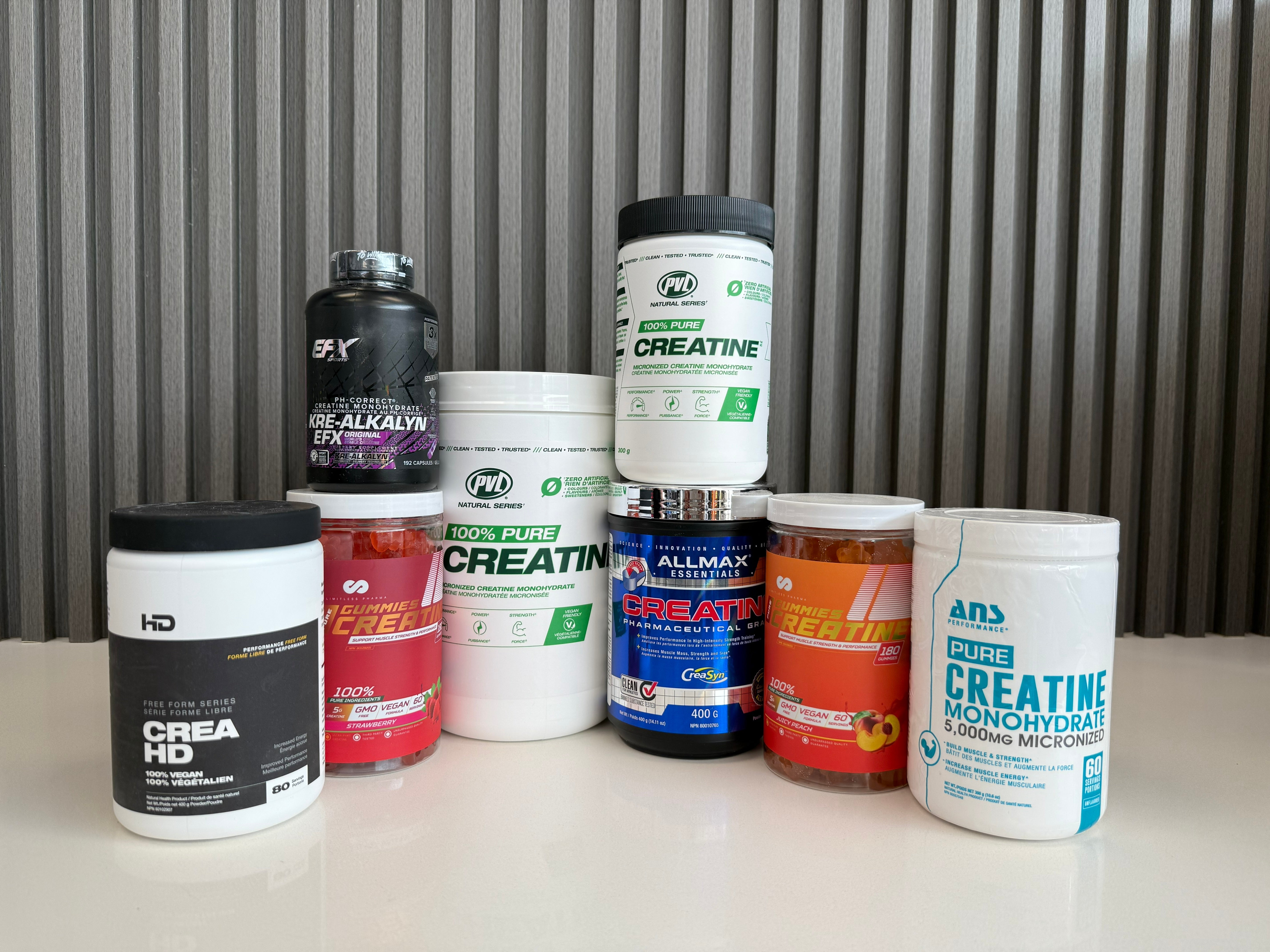
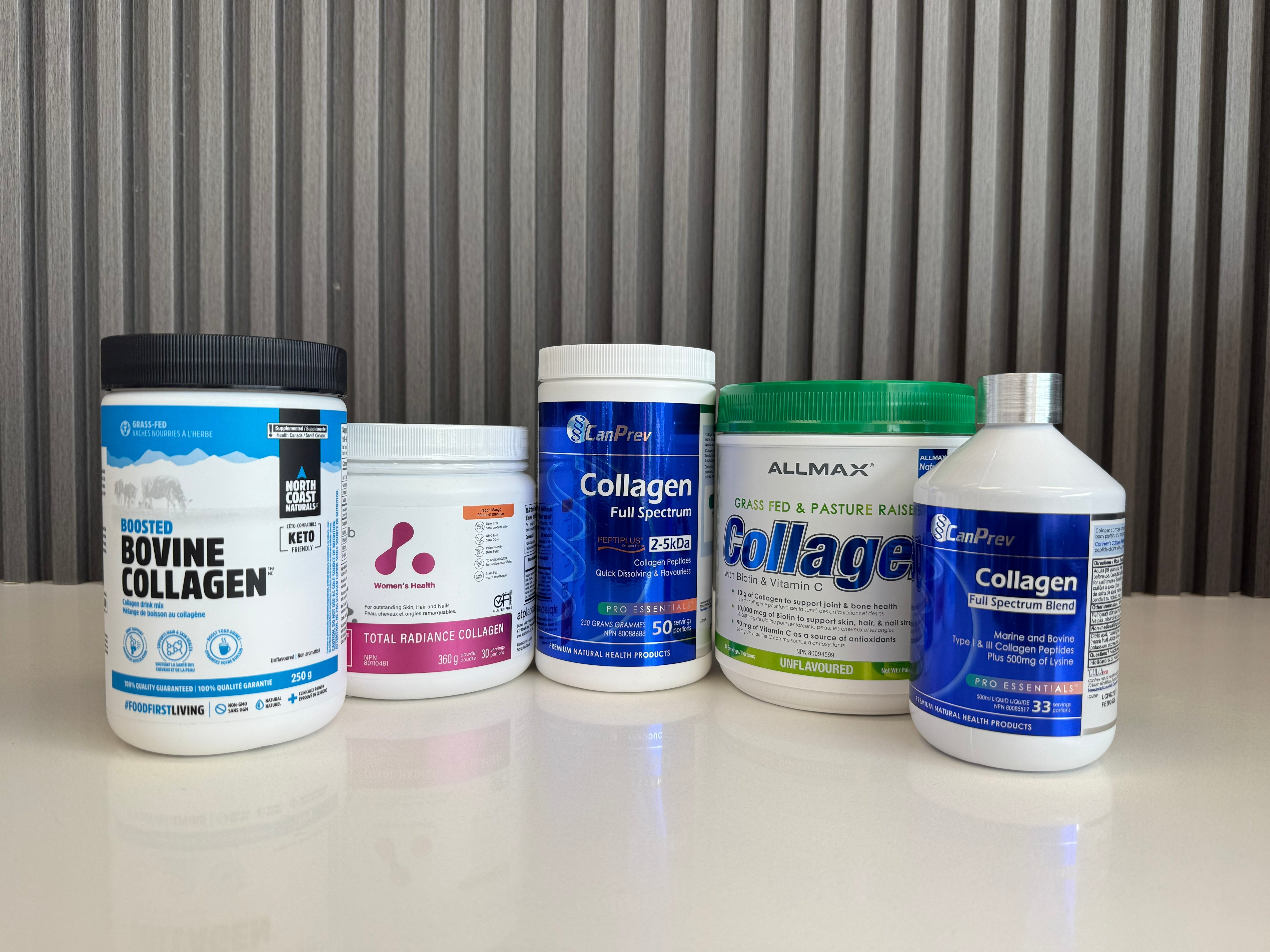
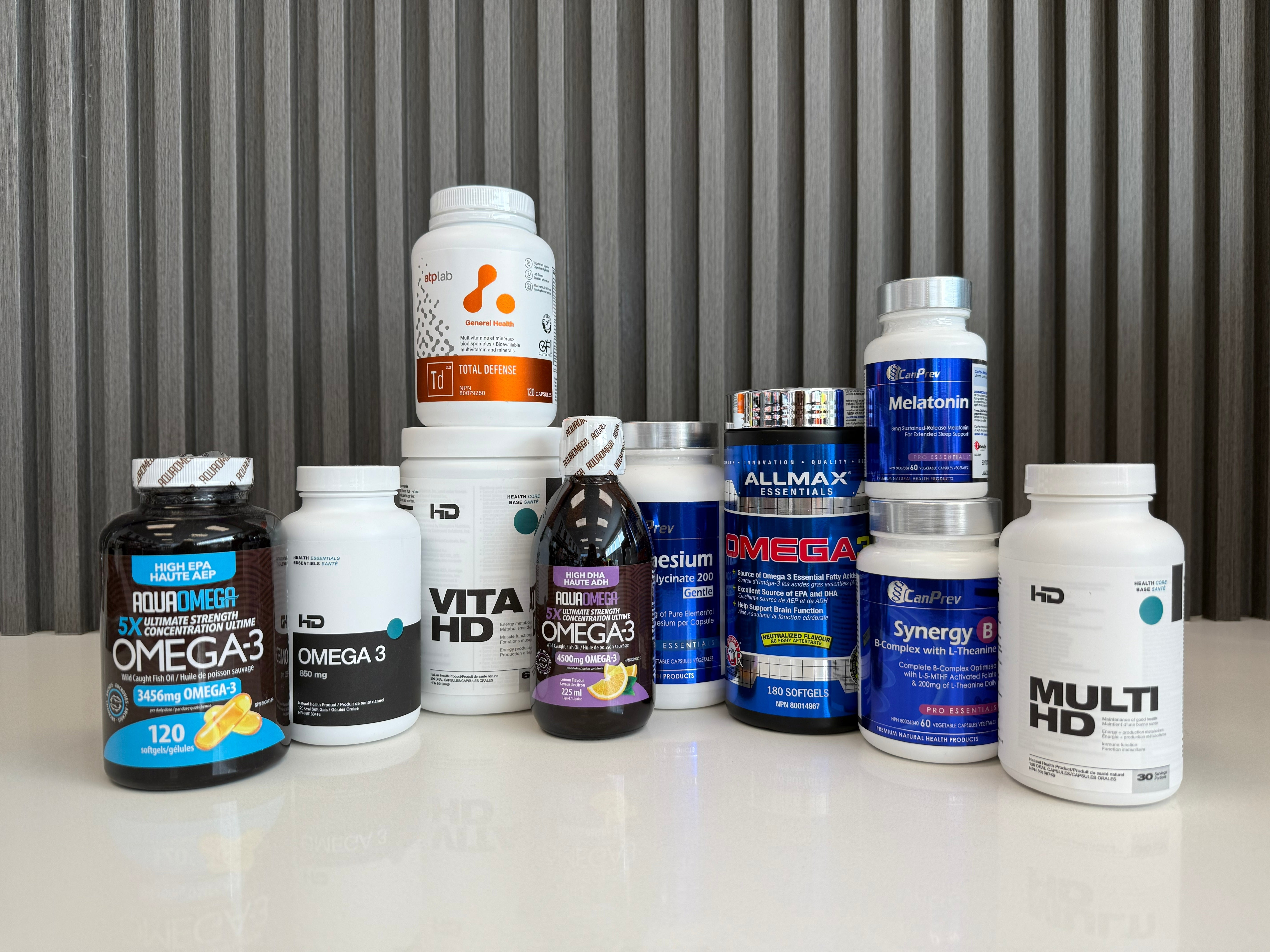
Leave a comment
All comments are moderated before being published.
This site is protected by hCaptcha and the hCaptcha Privacy Policy and Terms of Service apply.